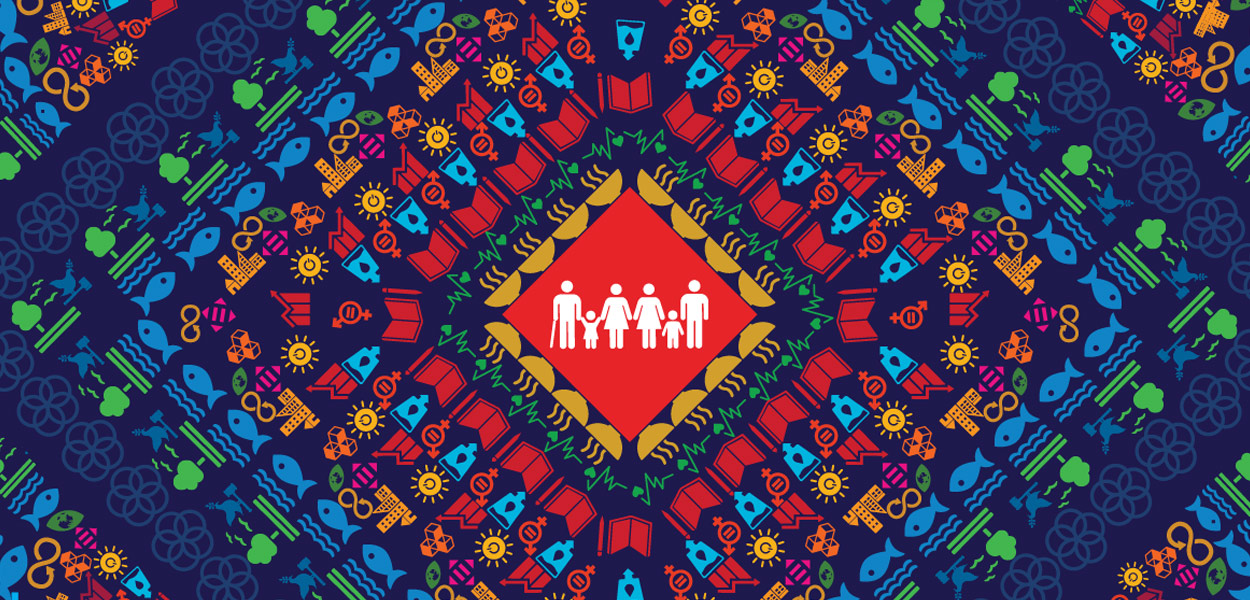Goal 9: Build resilient infrastructure, promote inclusive and sustainable industrialization and foster innovation
-
Improvement in score from 41 in 2018 to 61 in 2023-24
-
99.70% of all targeted habitations are now connected with all-weather roads under Pradhan Mantri Gram Sadak Yojana, an improvement from 47.38% in 2017-18.
-
93.3% of households own atleast one mobile phone.
-
95.08% of villages have 3G/4G mobile internet coverage.
 National Portal Of India
National Portal Of India 


